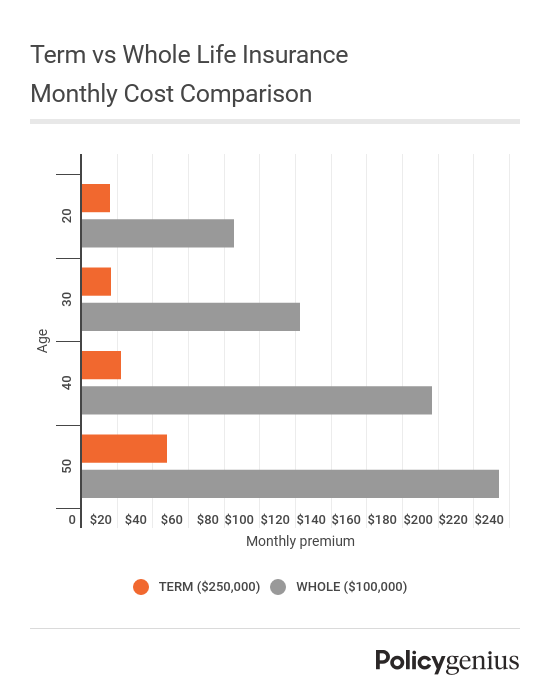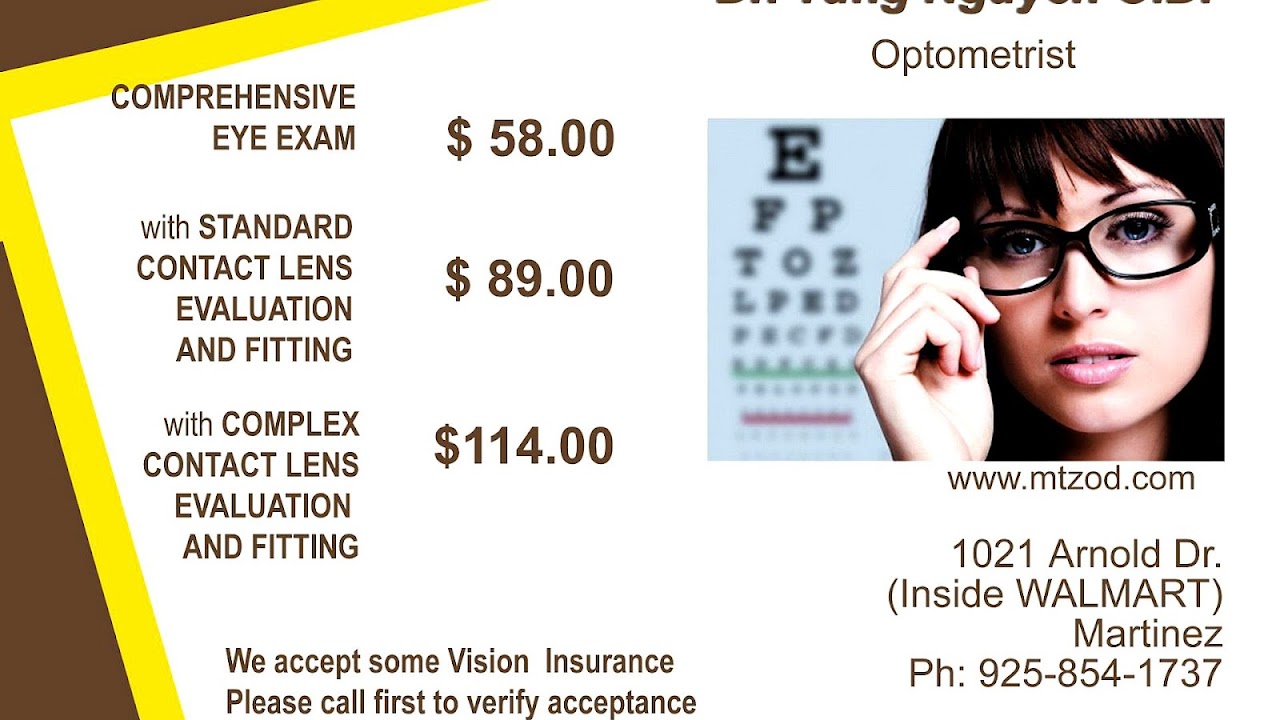For instance, expect you run a business that could create contamination claims. A basic basic liability policy won't cover suits declaring physical injury or residential or commercial property damage triggered by a release of toxins that come from on your facilities. Your agent recommends that you purchase facilities contamination liability protection. If this protection is too costly for you to afford, your representative may recommend alternatives.
Another benefit of using an independent representative that agents recognize with the risks in your geographical area. For example, representatives in Florida are educated about sinkholes while those in seaside locations or near rivers recognize with flood risks and flood insurance coverage. Your independent representative can inform you about the dangers in your region and how you can mitigate them.
When you consult with a representative personally, you establish a personal relationship with him or her. In time, your agent will end up being more familiar with you and your company and will be able to provide more individualized service. For example, your representative may call you when brand-new protections appear or when rates on specific insurance drops.
There are 2 various kinds of insurance coverage agencies offering individual and business insurance in the United States. One type of company is understood as a hostage or unique firm, and representatives who own or operate in these type of firms basically work for one insurer, and they are required to sell the business's products solely.
They have the ability to choose amongst over 1000 insurance coverage item alternatives to use their clients and clients. In the last few years, numerous captive agents have taken a look at the independent company channel and chose that there is more chance as an independent agent than there is as a hostage.
Yes, it holds true that independent https://spencerwpoc099.shutterfly.com/42 firms have the capability to use more options in regards to insurance coverage carriers than an exclusive representative. However independent firms do have constraints in the number of providers that they can successfully represent. The first constraint is that it is merely difficult to know the product offerings, underwriting, approach, and systems of extremely numerous insurance coverage business.

In many cases, especially for smaller agencies, this implies that the carriers the agent represents might not have the ability to offer the competitive rates or the quality of products that the exclusive agent uses with his/her sole company, for example in a case of life insurance coverage. Another crucial difference in between captive vs independent insurance firms is that the independent agent is their own boss.
Some Of How To Be Insurance Agent
While this liberty is appealing, it does suggest that the effective independent representative should be a self-starter, driven, and able to manage their own business and deal exceptional customer care without outside assistance. Who will make the phone ring? Among the important things that direct-writing insurer do on behalf of their firm force is practically all of the advertising.
Frequently, much of business the representative writes is as an outcome of the marketing done by the moms and dad company. On the other hand, independent representatives must make their own phones ring. They must establish their own marketing programs and they do so at something of a downside because they just can't match the marketing penetration of a Fortune 500 company.
Many independent agencies end up being extremely proficient at investing those additional dollars to generate the sales that they want to make with cash left over. So, while it may be more work for an independent agency to produce their own prospects, they get paid more money for doing so. A considerable difference in between a captive agent vs independent agents is in the ownership of the value of the expirations.
The agent may have a beneficial interest or a specified payment interest in the worth of the book of service, however who they can sell it to, and for just how much, is generally managed by the insurance coverage carrier. On the other hand, an independent company's book of service is owned by the firm.
Due to the fact that the swimming pool of possible buyers is constantly so big for the independent agency, independent companies tend to Have a peek here cost far more per dollar of income than captive agencies do. Basically, it's easier to build a significant net worth in business as an independent representative as compared to a captive representative.
While captive agents just have one option to offer a prospective customer, an independent company may have 5, seven, and even more choices for their clients. This frequently implies the independent representative has the ability to offer a higher percentage of the potential customers he estimates than the captive representative. Another advantage for the independent agency in this regard is that their retention rates are simpler to maintain at a high level due to the fact that if the insurance provider a customer is with raises its prices, it's possible for the independent agent to change the policy with a less costly one due to the fact that of its power of choice.

They simply need to bid farewell to the consumer (and the commission from that consumer)! Connected to this, however not rather so obvious, is why consumers and business owners purchase from a captive insurance coverage carrier, instead of an independent firm provider. For captive clients marketing, signage, location, and other components of branding are main reasons that the customer is attracted to do organization with the agency in the first location.
The Greatest Guide To How To Become A Car Insurance Agent
For an independent firm, what attracts clients and clients is primarily the relationship the agency has the ability to establish with that customer, and the flexibility that choice offers - how to be an independent insurance agent. For an independent firm, area, branding, signage and other physical components of marketing are lesser (which likewise frequently serves to reduce operating costs and enhance wesley financial group cost success).
When a captive agency's parent business chooses that a class of business, or a kind of policy, is no longer profitable to them they merely decide to stop composing that type of organization. This leaves the representative to deal with the loss of an earnings they might have worked several years to establish.
This is a substantial chauffeur of stability, earnings, and value for insurance firm owners and contributes to the higher value of independent insurance agencies. A distinction in between captive carriers and independents, which is increasing in importance, is a fundamental economic downside that captive insurance providers face, compared to their independent firm carrier competitors.
This is true due to the fact that the captive carrier should spend massive sums on marketing, pay representative's commissions, and provide a big management structure to handle its firm force. All of which costs a fantastic offer of money. Independent firm business, on the other hand, spend little to nothing on marketing and have very little field management structures since their representatives are all independent company owner.
The mix of greater compensation and the capability to offer a higher percentage of potential customers that independent representatives take pleasure in has actually led many captive representatives to leave their companies and open their own independent insurance firms in the last years. This trend appears to be continuing as the competitive advantages of the independent company providers continue to increase.